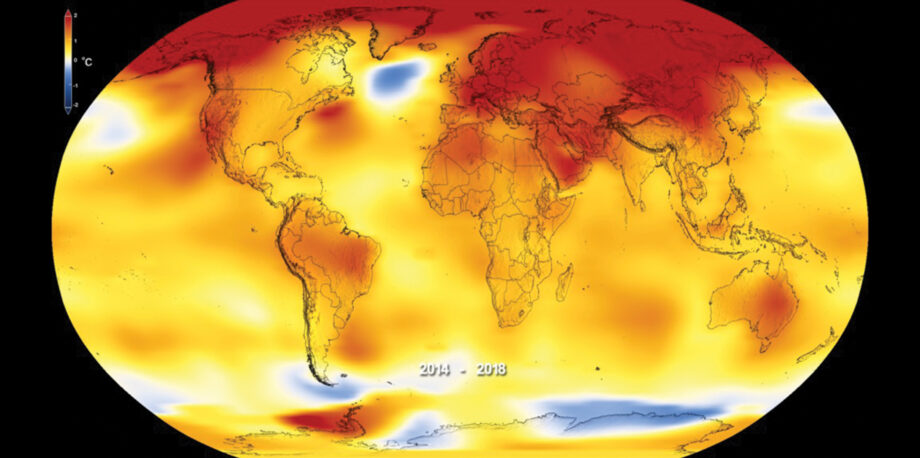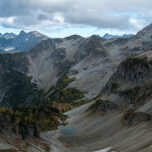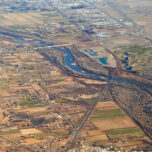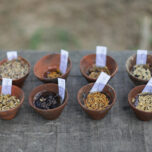January 3, 2020 — If the 2010s were the decade when we confirmed we were right about climate change — with a growing number of people worried as fires, floods and droughts announce a climate emergency here and now — then the 2020s will be the decade when we’ll need to face the crisis head on.
Even as we strive to stop the globe from getting hotter still in order to avoid another “lost decade,” we’ll also have to adjust to changes already happening.
The good news: There’s no need to start from scratch, thanks to the Climate Adaptation Knowledge Exchange (CAKE), a collection of more than 2,000 vetted resources on climate adaptation compiled since 2010 by EcoAdapt, a nonprofit based in Washington state.
The site’s centerpiece is a database of practical tools, case studies, state and regional action plans, and other resources exploring how people and communities have adapted — and might adapt — to shifts brought about by climate change and other environmental degradation. Users can browse the material using a visual list or interactive map.
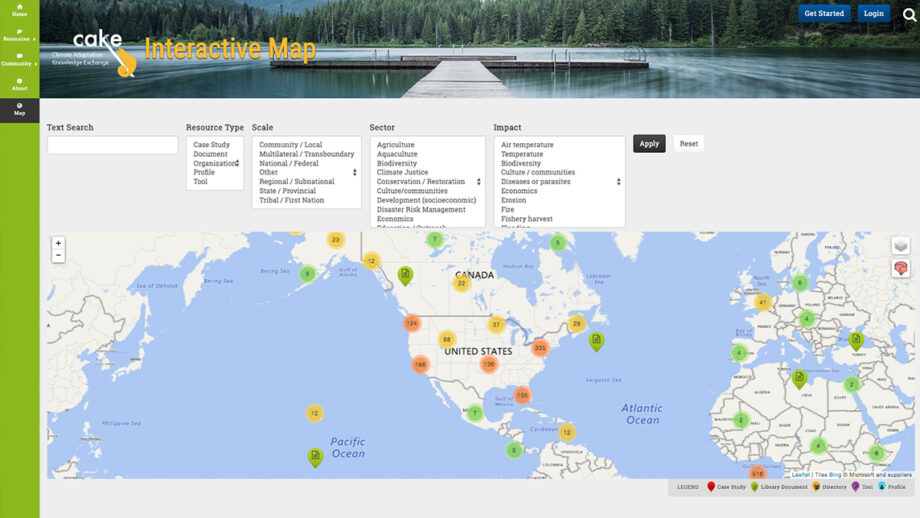
CAKE’s website bills it as “the world’s largest and most used source of climate adaptation case studies and resources.” Users can search for relevant materials with a visual list or an interactive map.
Featured tools include actionable resources designed to help decision makers, including an online application for analyzing an area’s drought risk, a bird’s eye visualization of the future of rising seas and a U.S. government–issued guidebook outlining how various entities within a region can work together to become more resilient to natural disasters.
Case studies give visitors a chance to learn from real-world projects already in motion. One recent example spotlights the town of Branford, Connecticut, which created a Coastal Resiliency Fund last year, setting aside money for strategic investments in both green and built infrastructure.
Other case studies range from a briefing on how scientists monitor ecological change in the North Pacific Ocean to an overview of how the U.S. government works with stakeholders such as ranchers, researchers, hikers and local governments to build climate resilience in Arizona’s deserts. Another case study looks at how Australia’s natural resource managers use climate science to inform management of in the Great Barrier Reef.
Users can filter tools and case studies by their geographic scale, type of climate impact and sector — with options spanning from conservation to transportation to disaster risk management. After creating an account, users can submit their own suggestions for possible inclusion in the database.
On top of helping practitioners share resources, CAKE maintains a directory of individuals and organizations working on climate adaptation. The site’s community page hosts a calendar of adaptation events such as webinars and in-person conferences, plus a board for relevant job and educational opportunities.
The project’s goal, according to its website, is to “build a shared knowledge base for managing natural and built systems in the face of rapid climate change.” With climate change impacts worsening around the world, such a knowledge base is likely to become increasingly invaluable in 2020 and beyond.
Related Posts
Ensia shares solutions-focused stories free of charge through our online magazine and partner media. That means audiences around the world have ready access to stories that can — and do — help them shape a better future. If you value our work, please show your support today.
Yes, I'll support Ensia!